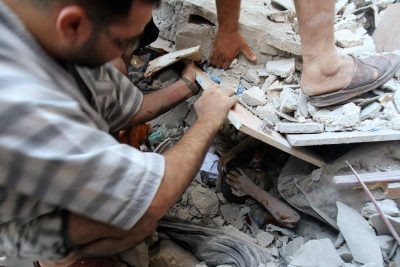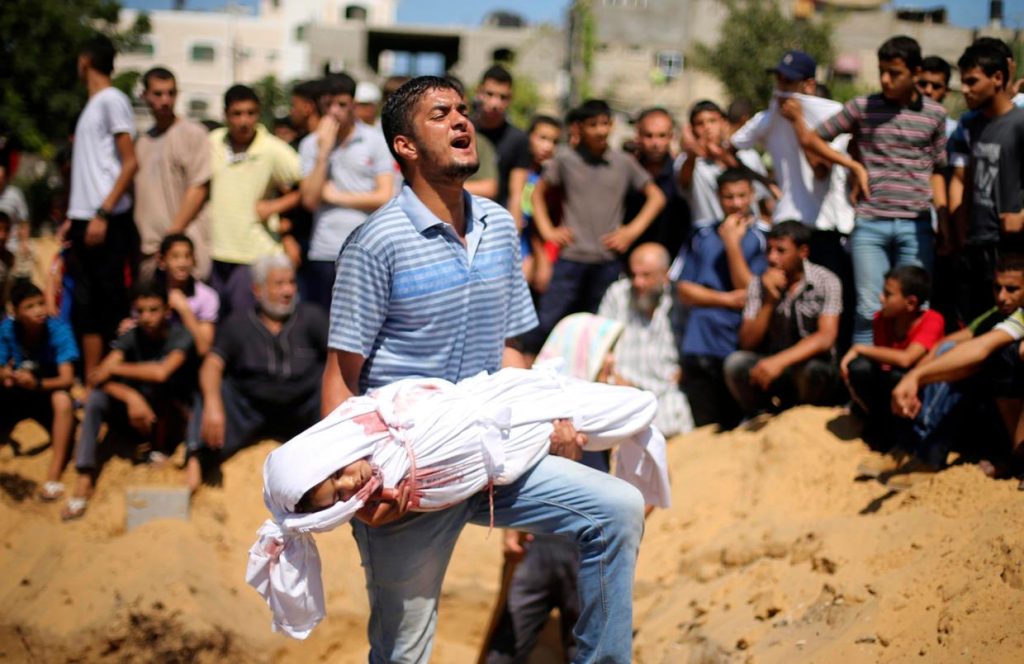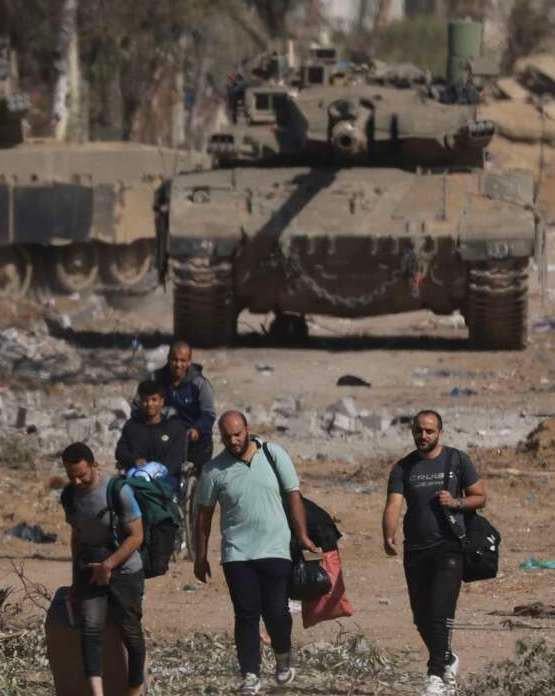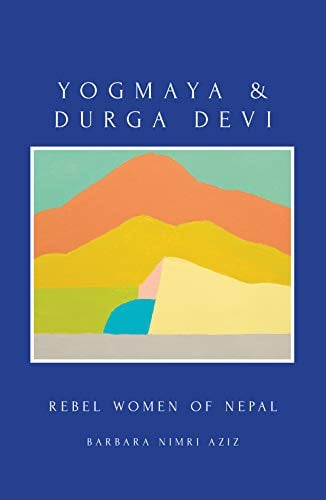In Harm’s Way. What’s with the World’s Fascination with Dead, Dying and Orphaned Children?

All Global Research articles can be read in 51 languages by activating the Translate Website button below the author’s name (only available in desktop version).
To receive Global Research’s Daily Newsletter (selected articles), click here.
Click the share button above to email/forward this article to your friends and colleagues. Follow us on Instagram and Twitter and subscribe to our Telegram Channel. Feel free to repost and share widely Global Research articles.
***
What’s with the world’s fascination with dead, dying and orphaned children? Wait, before you condemn what seems to be callousness, my point is this: our focus is to the exclusion of those children’s fathers, uncles and big brothers? Intentional or not.
Fascination or fixation, it’s basically the same – it amounts to a diversion, perhaps to make the toll appear lower than it really is. Perhaps because our compassion is measured.
Today, it’s dead young Palestinians.
Months ago, it was Ukrainian (although its fallen fighters have ample attention—after all they’re European);
before that we had fleeting glimpses of starved and bombed youngsters in Yemen.
(Dead Syrian kids never warrant notice; except a single little boy washed up on a beach somewhere; even then, he was said to be Kurdish, maybe blue-eyed, not quite Arab.)
Don’t forget Iraq: we hardly remember the 50,000 Iraqi children (a handy media number), and then only when Albright, former U.S. foreign secretary, commented that “yes, their deaths were worth it.”
Neat rows of white, gently-shrouded Palestinian bodies lengthen, day by day.
Deposited wordlessly, one after another, on hospital corridors, or in the danger zones beyond – every square meter being a target for Israeli guns. Not to mention as many souls, if not more, still unaccounted for—unwrapped, rotting in rubble, missing under their bombed homes, shops, play-grounds and schools. No longer targets.
My distaste of our society’s focus on child victims may seem unappreciative, dispassionate. The child is the most vulnerable, you say. Helpless, thereby more deserving.
More deserving of what? More deserving than whom? By and large, our narrowly focused pity is gratuitous sympathy. It fits the model of our enduring colonialist mentality, our determination to appear humane. A child seems most precious, most worthy of need and thus arouses our pity. Is it because we have too little of this to dispense to everyone who’s been killed and wounded in these calamitous weeks?
“There are no … fathers, teachers, doctors, lawyers, cooks, poets, taxi drivers or shopkeepers…. Palestinians, in the Israeli lexicon, are a single contagion that must be eradicated.”
So if Israel does not distinguish, why do those of us far away, witnessing that deadly indiscrimination?
Yes, those images are ugly. We can be counted on to gasp and stir uncomfortably. It’s embarrassing. But, reflect on it: do they arouse our guilt? I think not – not for the vast majority of us.
The toll mounts day by day. Numbers of this and that; numbers of those missing, presumed dead unmeasurable. Today’s number is after October 7th. What about this figure set against those accumulated over 4, 11, 14, or 17 and more years ago.
Numbers have become the news focus. Quantification is easy. Registering a 4-year-old’s corpse’s name, or her surviving sister or his missing father, those of her aunt or grandfather is complicated, and unmanageable as the carnage goes on, and on, and on.
Many years ago, I documented the embargo war in Iraq, 13 years of the shameless and deadly U.S.-engineered, U.N.-endorsed sanctions regime.
The absence of adult male victims in foreign news reports of the death toll did more than alarm me – it was callous, disgraceful, hypocritical. Being inside the country for sustained periods, I was privy to reports of fathers who died of heart attack and stroke, of conscripted students’ careers cut short, of women stricken by cancer, dying due to blockaded medication leaving grieving fathers and orphans. Noah, whose disease was kept in abeyance for years with drugs obtained only from abroad, perished when that supply was unavailable, embargoed.
A bookstore owner, a young woman, I would later learn, simply went mad from trauma. (That disease was not uncommon during the war.) All were somebody’s child; they were also somebody’s cherished elder – father, sister, brother, uncle. It seemed they didn’t seem to count.
Those weeping, wounded children you may glance in passing are not just crying for their mothers, least of all for outside help. They want their elder brother, the comforting arms of big sister; they want their Aba; they want their Jido. They need them at any time, more desperately at these moments. Thousands of them are gone; many more too wounded to help their babies.
Then there are the walking wounded – surely we can’t miss those many thousands of young men, who, forgetting their own families, scratch through rubble, even for corpses. If lucky they may discover someone breathing and rush them out in search of medical care. In hospital corridors, they move the newly expired to make room for more wounded; they wrap corpses and take them for identification, then burial prayers. They search for someone who may be their father. Where do these fellows go at the end of a day? How can they survive what is surely to be a lasting trauma in their lives?
What about those young men recruited to help in the hospitals (where 198 medics have been killed)? Such heroes: washing bloodied bodies, wrapping bandages, cuddling, comforting, playing with wounded toddlers.
Can they even stop to ponder, “When this is over, I will resume my studies; I will marry, I will find a job in the bakery, in a phone-repair shop”?
As the years of the Iraqi embargo lengthened, as food shortages rose, as electrical cuts increased, as whoever could flee, left, as diseases spread – those remaining moaned: “Only, we know today is better than tomorrow.”
*
Note to readers: Please click the share button above. Follow us on Instagram and Twitter and subscribe to our Telegram Channel. Feel free to repost and share widely Global Research articles.
Barbara Nimri Aziz whose anthropological research has focused on the peoples of the Himalayas is the author of the newly published “Yogmaya and Durga Devi: Rebel Women of Nepal”, available on Amazon.
She is a regular contributor to Global Research.
Source of all images in this article is the author
“Yogmaya and Durga Devi: Rebel Women of Nepal”
By Barbara Nimri Aziz
A century ago Yogmaya and Durga Devi, two women champions of justice, emerged from a remote corner of rural Nepal to offer solutions to their nation’s social and political ills. Then they were forgotten.
Years after their demise, in 1980 veteran anthropologist Barbara Nimri Aziz first uncovered their suppressed histories in her comprehensive and accessible biographies. Revelations from her decade of research led to the resurrection of these women and their entry into contemporary Nepali consciousness.
This book captures the daring political campaigns of these rebel women; at the same time it asks us to acknowledge their impact on contemporary feminist thinking. Like many revolutionaries who were vilified in their lifetimes, we learn about the true nature of these leaders’ intelligence, sacrifices, and vision during an era of social and economic oppression in this part of Asia.
After Nepal moved from absolute monarchy to a fledgling democracy and history re-evaluated these pioneers, Dr. Aziz explores their legacies in this book.
Psychologically provocative and astonishingly moving, “Yogmaya and Durga Devi” is a seminal contribution to women’s history.




